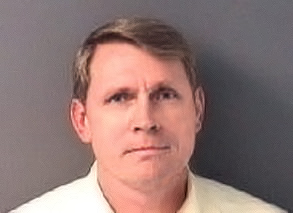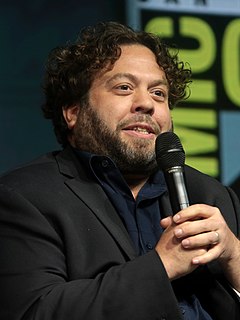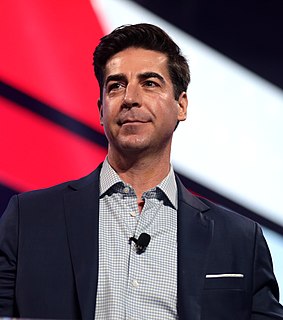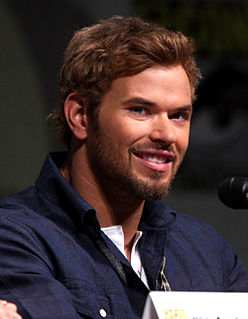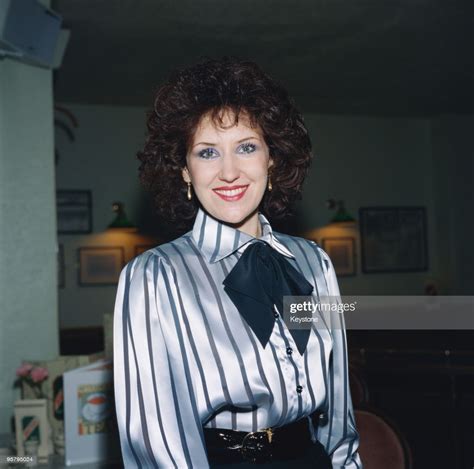A Quote by Andy Serkis
If you're in a motion-capture studio, you have spherical, reflective markers, which are picked up by cameras that emit infrared - it reflects it, and then the cameras pick up the data.
Related Quotes
My take on what happened with the moon landing was [......] they suspect [ sic ] that on impact that the cameras would be damaged because back in 1969 cameras weren't, you know, like they are today, as good. So they had a studio set up at CBS to mimic the moon landing. And sure enough the cameras broke and so they flipped, you know, the CBS studio on. And what you saw of the footage of the '69 moon landing was actually at CBS studio.
'Mars Needs Moms' was motion capture, where you walk into a space that's essentially a black box with cameras everywhere. It was so technical. You have these mandibles with cameras on your face and a helmet, and you have to hit certain marks. You couldn't shoot this stuff without the green-screen aspect.
I've been doing photography in one form or another for, oh golly, over seventy years. I don't carry cameras. I used to. For many years I carried cameras wherever I went. Photograph whatever I saw that was of interest. In the last years, I've only used cameras to explore thematic ideas which presented themselves first. And then bring out the cameras to try to explore that idea.
Everybody has their iPhone cameras, BlackBerry cameras, and I see those cameras pointed up at me all the time now, which is actually really good because of what it does for me and my band. There is no time for us not to be on our toes because they're on all the time whenever you're playing. I think it's very healthy.
I think there are two different types of people in television. There are people who can turn it on like a switch when the cameras go on, and then, when the cameras go off, they kind of lower it down a little bit. And then there are people who are on all the time, no matter if the cameras are there or not.
Imagine someone who has had a heart attack on the street, and they are picked up by an ambulance with 5G connectivity, hi-definition scanners, and cameras... You start taking a scan in the ambulance so all of that data is transferred to the surgery before the patient arrives, and a diagnosis is already underway.
For a period of time, I carried cameras with me wherever I went, and then I realized that my interest in photography was turning toward the conceptual. So I wasn't carrying around cameras shooting stuff, I was developing concepts about what I wanted to shoot. And then I'd get the camera angle and do the job
For a period of time, I carried cameras with me wherever I went, and then I realized that my interest in photography was turning toward the conceptual. So I wasn't carrying around cameras shooting stuff, I was developing concepts about what I wanted to shoot. And then I'd get the camera angle and do the job.

